Drinking water is key to good health and can help you lose weight.
In order for the body to absorb water, it needs a certain amount of time in between drinking. The body has a storage system that will take up some of the fluid and store it in cells until your next drink. This process is called “water absorption” or “osmosis” (the movement of water across cell membranes).
The goal is to create a balance so that the body retains enough fluids for its daily needs but doesn’t get overloaded with too much liquid at once. So how often should we drink? Here’s what medical experts recommend, so keep reading.
Contents
- 1 Why water is important for the body?
- 2 How to improve your body’s ability to absorb water?
- 3 4 Ways for fast absorption
- 4 How to tell if your body doesn’t absorb water properly?
- 5 How does my body absorb water?
- 6 What should I do if my body isn’t absorbing water ?
- 7 So how do I know if my body isn’t absorbing enough water?
- 8 The supplements you can take for better water absorption in the body:
Why water is important for the body?
- water is the most important nutrient for the body
- water helps to detoxify your body, it removes waste and toxins from cells, flushes them out of the system
- it makes food easier to break down in digestion and allows nutrients into our bodies
- drinking water is key to good health as well as losing weight.
For people who are trying to lose weight drinking, more water can actually help you shed pounds because better hydration means that a person will feel fuller faster with less food intake. Drinking plenty of water might also have other benefits such as helping lower cholesterol or high blood pressure levels when eaten together with foods like beans, which contain potassium known for lowering hypertension risk.
Hot water can be an option especially with lemon slices to boost your metabolism. it also depends on your body temperature.
In a hot weather you need to consume more water to keep your digestive Tract hydrated and regulate your consumption of water and prevent your body from even a mild dehydration.
How much water do you need to drink in a day?
Drinking eight glasses of water a day is the general recommendation for adults.
How to improve your body’s ability to absorb water?
Research has shown that drinking half your weight in ounces each day can help you feel full faster and prevent dehydration from occurring. For example, if you weigh 140 pounds drink 70 oz (or about 12 cups) of fluids daily. Surely you better keep water bottles around you at all times.
How much fluid do I need?
It varies by person but different factors include: age, race, gender, activity level and climate where one lives or works. A good rule of thumb is 64-80 ounces per 24 hours; 16-20 ounces every hour during exercise on a hot day; up to 20% more when ill with diarrhea or vomiting.
In today’s society it seems like people are not as aware of their bodies needs for healthy living as they once were when daily exercise was commonplace and eating balanced meals three times per day seemed normal instead of something only wealthy families could afford.
Today, life can be hectic and most people are not able to maintain the necessary balance of food intake and exercise that their body needs for healthy living.
The importance of drinking enough water cannot be overstated!
Drinking plenty of fluids will make you feel better within a few days by increasing energy levels, reducing headaches, improving moods and immune systems as well as preventing constipation or other gastrointestinal issues from occurring.
4 Ways for fast absorption
Drinking on an empty stomach
Be sure to drink water on an empty stomach, especially when doing cardio-intensive exercise. Water can then flow into your stomach and large intestine to your circulation in as little as five minutes. It might take the same amount of water anywhere from 45-120 minutes to absorb compared to drinking water during a meal or after a meal! Because some of the water you drink will be passed with your urine and feces, none of it will be totally absorbed.
Slow down
According to popular belief, you should drink half your body weight in ounces of water each day. But don’t just guzzle it down. Drinking water slowly throughout the day is more effective at keeping you hydrated than chugging it down quickly, according to studies. Furthermore, you don’t want 90% of that water to be eliminated as urine.
Salting it up
While sodium is touted as a deviant by many (and rightly so if consumed in large amounts), having too little sodium in your body can be just as damaging. Salt keeps our cells hydrated and helps nutrients travel from our small intestine to the rest of our body. Without adequate salt intake, your cells are not so good at holding water.Ergo, they’re not so good at the hydrating. So, if you’re consuming salt with your water (even a little pinch will do), you’re helping your body absorb water more efficiently.
Eating your fiber
Eating foods that contain fiber is a great way to help your body absorb water. Fiber actually helps retain water, especially in the intestines, where it is best used through slow absorption. what does it mean ? Your body absorbs water in your body instead of just passing it through. You will stay hydrated for longer.
Get your beauty rest
Individuals that sleep 6 hours or less each night have an increased risk of becoming dehydrated, according to a 2018 Sleep study. Those who slept 7 or 8 hours had a 59% greater chance than those who slept 9 or 10 hours! According to the study, a lack of sleep is not as detrimental as previously thought, and common symptoms such as drowsiness, confusion, and morning headaches can be attributed more to dehydration than to sleep deprivation.
What else can I do to help? If your bladder can tolerate it, drink a glass of water before going to bed. However, if you tend to go to the toilet in the middle of the night, drinking a glass of water as soon as you get up will also help.
Related articles:
The Importance of Vitamin D in Weight Loss
The Immune System: A Guide to Blood, Antigens and Stem Cells
What’s the best water to drink?
Water is an essential component of a healthy diet. Drinking water can be considered one of the key strategies for weight loss, as some studies have found that simply drinking more fluids will lead to increased calorie burn and fat-burning rates, in addition to making you feel fuller during meals. And while most people think they’re already getting enough H20 through their daily coffee routine or glass with dinner, there’s still room for improvement!
Tap water: some people choose to drink tap water because they’re looking for an inexpensive, zero-calorie option that’s also eco-friendly and doesn’t use any single source resources like fruit juice concentrate does (e.g., sugarcane).
However, drinking from the tap can be risky due to high levels of lead exposure if you live in older housing units with old pipes as well as other contaminants such as chlorine used by municipalities during treatment processes to disinfect your H20 supply; this chemical can come into contact with organic materials like plants and animal waste which may then contaminate your glass at home too! If you have a filter on your faucet or use a pitcher, take precautions to make sure the filter is changed regularly.
Water from other sources: if you’re not drinking tap water, it’s important to find out where your H20 comes from. It can be bottled in glass bottles and sealed with caps that do not leak chemicals into the liquid as well as plastic containers like those used by most fruit juice manufacturers (usually clear). Some people have their own “wells” dug on site; these may also be contaminated so always try to get an annual test of your water supply before drinking!
Check for freezer burn: when buying frozen items at the grocery store, remember that some foods have been treated with chemical compounds such as methylene chloride and propylene glycol.
Check for metal: when drinking from a container, especially one containing food and water, make sure it is not made of aluminum. Scientists have found that the mineral can cause nerve degeneration in some people.
Frequency: always drink at least eight glasses per day; more if you are active or live in a hot climate to avoid dehydration which has many dangerous effects on your body including headaches, dizziness, lightheadedness and confusion among other things!
Some common symptoms of dehydration include headaches; feeling tired all day long; difficulty concentrating on tasks (or just having less mental energy); dry mouth or eyes; lightheadedness/nausea when standing up quickly from sitting down too soon after eating; impairment in physical activity performance such as general weakness and fatigue.
The RDA for water is 64 oz. per day, but this can vary depending on age, body weight and activity level. For example a child who generally has less physical activity may need more water than an adult with higher levels of exercise in their daily routine.
A glass of drinking water or other fluids should be consumed about every two hours to hydrate the body properly throughout the day.
To avoid dehydration it’s important to drink enough liquid: at least six glasses of “water” (or four cups) total each day; one cup just after waking up; a glass before and during every meal; another cup before going to bed if you find yourself having trouble falling asleep because your mouth feels dryer when lying down versus when sitting up.
A glass of water: A glass of drinking water or other fluids should be consumed about every two hours to hydrate the body properly throughout the day.
To avoid dehydration it’s important to drink enough liquid: at least six glasses of “water” (or four cups) total each day; one cup just after waking up; a glass before and during every meal; another cup before going to bed if you find yourself having trouble falling asleep because your mouth feels dryer when lying down versus when sitting up.
How to tell if your body doesn’t absorb water properly?
- Weight: If you find yourself feeling excessively thirsty, or not urinating as frequently as normal, this is a sign that your body might be struggling to absorb water. To help improve absorption of fluids and electrolytes in the digestive tract it’s important to drink enough liquids throughout the day; don’t wait until you’re already dehydrated before drinking anything.
- sleeping: If you find yourself waking up in the middle of the night and feeling thirsty, or if your mouth feels dry when lying down (versus sitting) this may be a sign that your body is having trouble absorbing water.
- hydration: A lack of adequate hydration can lead to kidney stones as well as problems with mental function such as confusion and impaired judgment, not good! When it comes to drinking enough liquids, remember ‘better safe than sorry’, drink more fluids even if they don’t quench your thirst completely, just to be on the safe side.
How does my body absorb water?
Your digestive system absorbs water from food before anything else; after that it’s absorbed through the intestines into blood vessels, and then into cells.
The amount of water your body can absorb is limited because the intestines only have a certain capacity for absorption, which depends on the volume of fluids consumed as well as how rapidly they are absorbed.
This means that drinking too much fluid before you go to bed will likely make you feel uncomfortably full or bloated in the morning; it also means that when someone’s kidneys aren’t working properly, their blood becomes overloaded with fluids without enough access to filter them out. These excesses build up in other tissues until there’s no room left inside arteries and veins for oxygen carrying red blood cells to flow freely, a dangerous condition known as congestive heart failure.
What should I do if my body isn’t absorbing water ?
Drink plenty of water: Drinking more fluids will increase the amount available for absorption.
The intestines have a certain capacity for fluid absorption, which depends on the volume and rate of intake. For this reason, drinking too much before bedtime may make you feel uncomfortably full or bloated in the morning; it also means that people whose kidneys are not working properly often experience excess accumulation of fluids without enough access to filter them out into urine (which is why they need dialysis).
These accumulations can build up until there’s no room left inside arteries and veins for oxygen-carrying red blood cells to flow freely, a condition known as congestive heart failure.
So how do I know if my body isn’t absorbing enough water?
If you’re thirsty, your body may not be absorbing enough water. If you’ve just finished drinking a glass of water and still feel like you need more within five minutes or less, it’s possible that the intestines are not able to absorb enough fluid for your needs.
Your urine volume is also an indicator: if there isn’t much in your toilet after urinating (or perhaps even none), but the amount produced per day is normal or above average, this could mean that fluids aren’t being absorbed as well by the kidneys.
You can also consume high-fiber foods which help make digestion easier and allow for better absorption into tissues throughout your gastrointestinal tract.
Fibrous food should always constitute at least half of one’s diet, and if you’re not getting enough of this type of food in your diet then it’s time to start thinking about how to improve water absorption.
The supplements you can take for better water absorption in the body:
Calcium, Vitamin D and Magnesium:
Maintaining a healthy body weight is also important for this process. When you’re carrying additional pounds of fat on your body, it can be difficult to absorb enough water without feeling bloated or constipated as well. If there’s an excessive amount of sodium in the diet (which may come from high salt foods), that will compound these problems even more; so again, maintaining a healthy weight is key.
One food which many people don’t know about when trying to improve their absorption rate for fluids would be artichokes: they are known as “nature’s diuretic” and have been used effectively throughout history by those with arthritis or kidney stones because they help extract fluid through the bladder.
Trying to improve your water absorption through the body is going to help you feel more energized and revitalized for a healthier lifestyle overall, so be sure that it’s something which helps you maintain a healthy weight as well!
What are the risks of dehydration:
dehydration is a very serious problem that can come from not drinking enough water, and it has many different side effects. First of all, your body will start to experience fatigue because the cells in your muscles are constantly losing fluid on their own due to natural processes; this means they’re also becoming dehydrated at an even higher rate than normal.
Your mental acuity may decrease as well because your brain needs constant blood flow (which doesn’t happen when you are thirsty) for proper functioning: so if you don’t drink any fluids throughout the day, then chances are good that you’ll become easily distracted or forgetful. One other important thing which should be noted with regards to dehydration is how severe it becomes over time, without sufficient hydration intake, you can end up experiencing nausea, dry mouth, dizziness, and headaches.
Drink a glass before meals so that you’re not drinking too much with food in your stomach which will slow down digestion.
Take time during work breaks or exercising as well because hydration needs change throughout the day depending on activity level and environment temperature. For example if its hot outside then chances are good that more fluid intake may be necessary than when inside an air conditioned building all day long.
The importance of staying hydrated cannot be overstated. A glass or two before meals may help with digestion and the glass during a break will not only keep you energized but also give your body some much needed relief from thirstiness, fatigue, headaches, and other symptoms that are often caused by dehydration. Make drinking water part of your daily routine so that it becomes second nature!
If you’re an active person then chances are good that more fluid intake is necessary than when sitting in front of a computer all day long. Drink up!!
So make sure to drink up! The important thing about remaining hydrated can’t be overstated, one glass of water before dinner should assist with digestion and the glass during a break will not only keep you energized but also give your body some much needed relief from thirstiness, fatigue, headaches, and other symptoms that are often caused by dehydration.
Make drinking water part of your daily routine so it becomes second nature!
Some steps are needed to improve absorption of fluids into the body such as choosing filtered water over tap water when possible. Other considerations include checking for freezer burn and checking that containers do not contain metals like aluminum which scientists believe may be detrimental to health with long-term use.
Related articles:
The Best 6 Supplements for Weight Loss and Gaining Muscle Mass
3 Vitamins for Dry Skin: Preventing Dehydration
Does Apple Cider Vinegar Help With IBS?

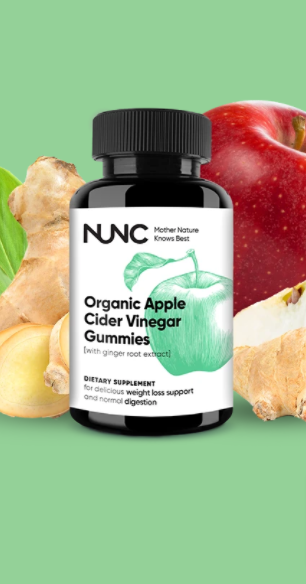



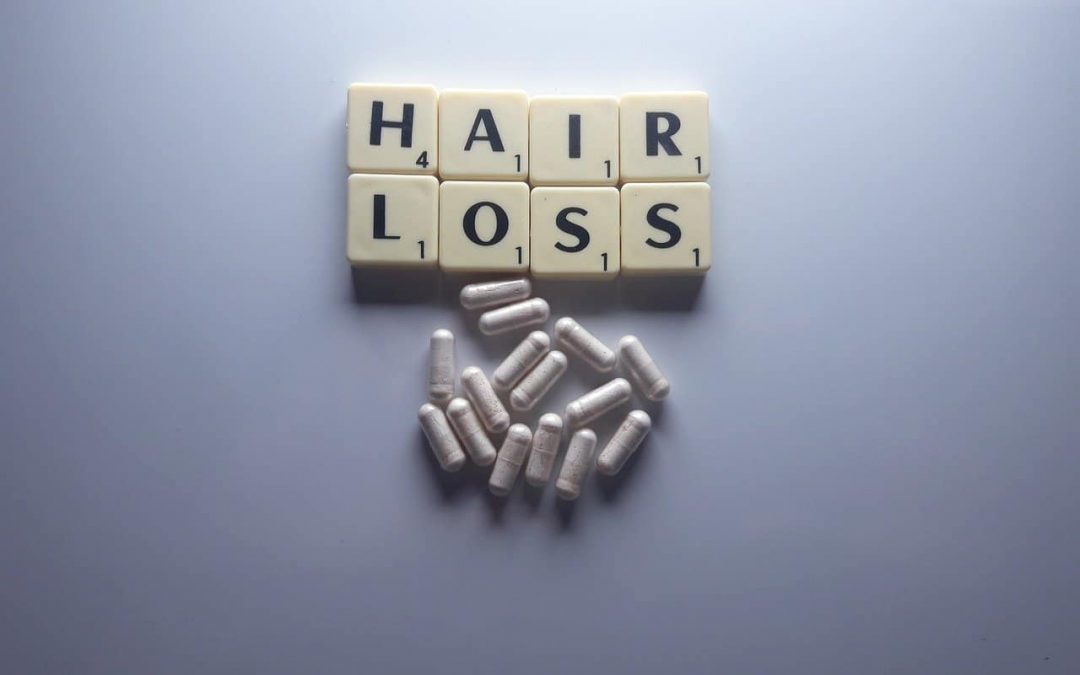
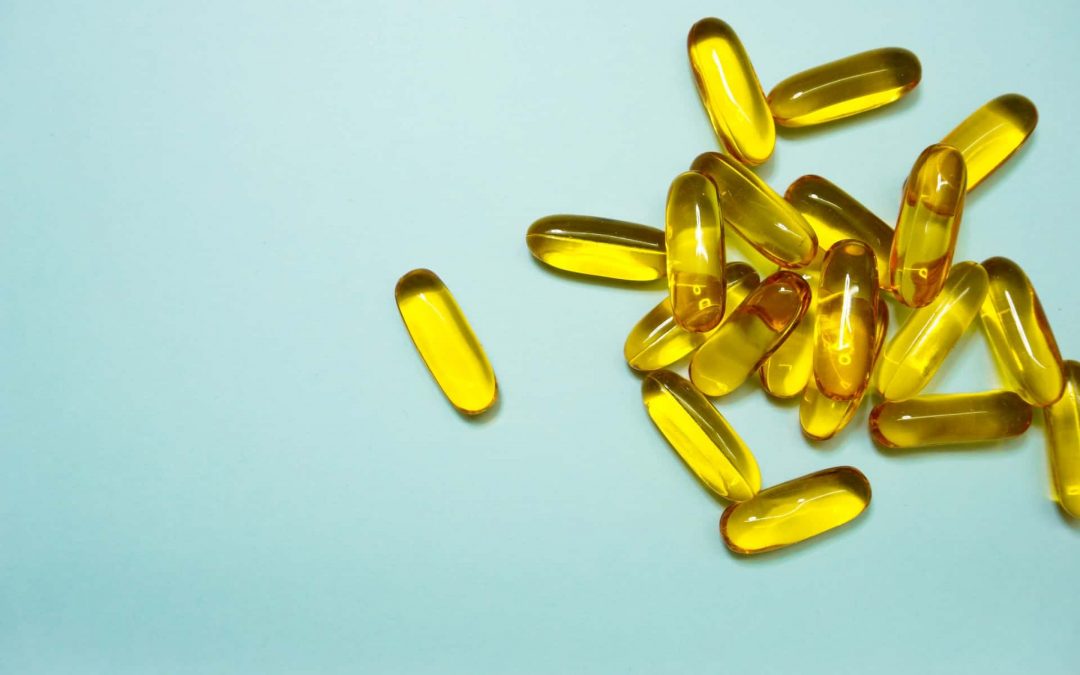
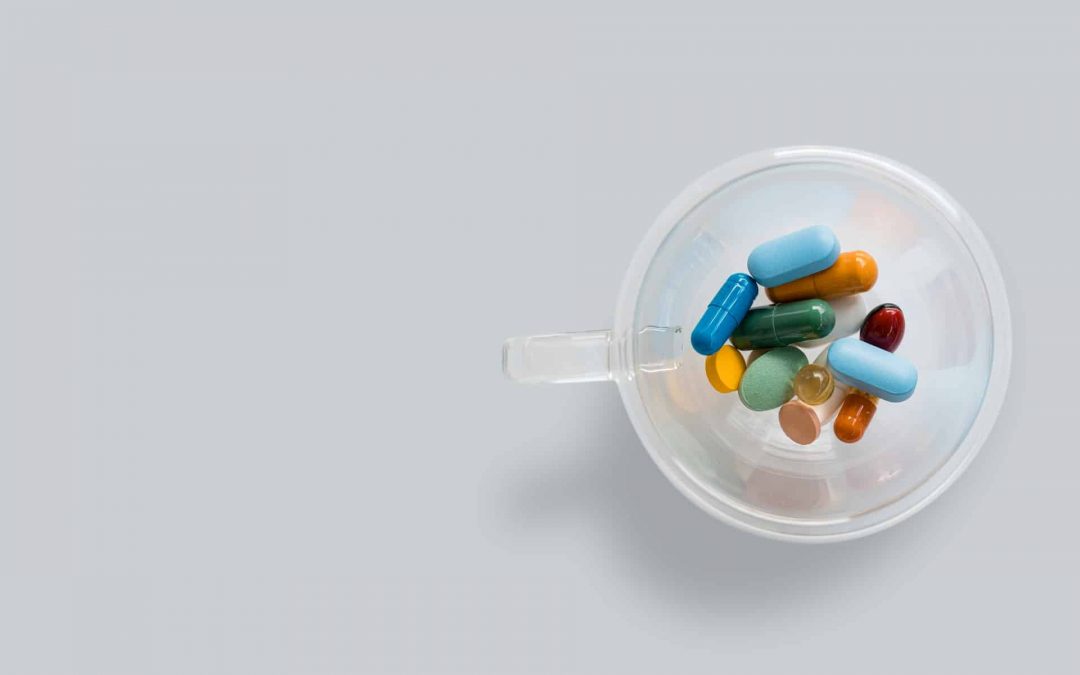

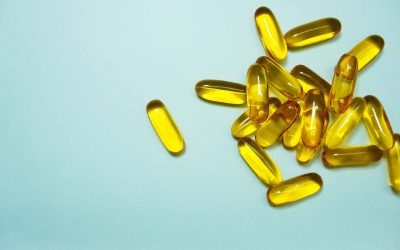
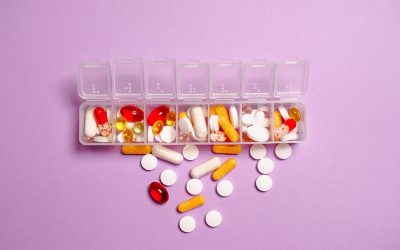
0 Comments